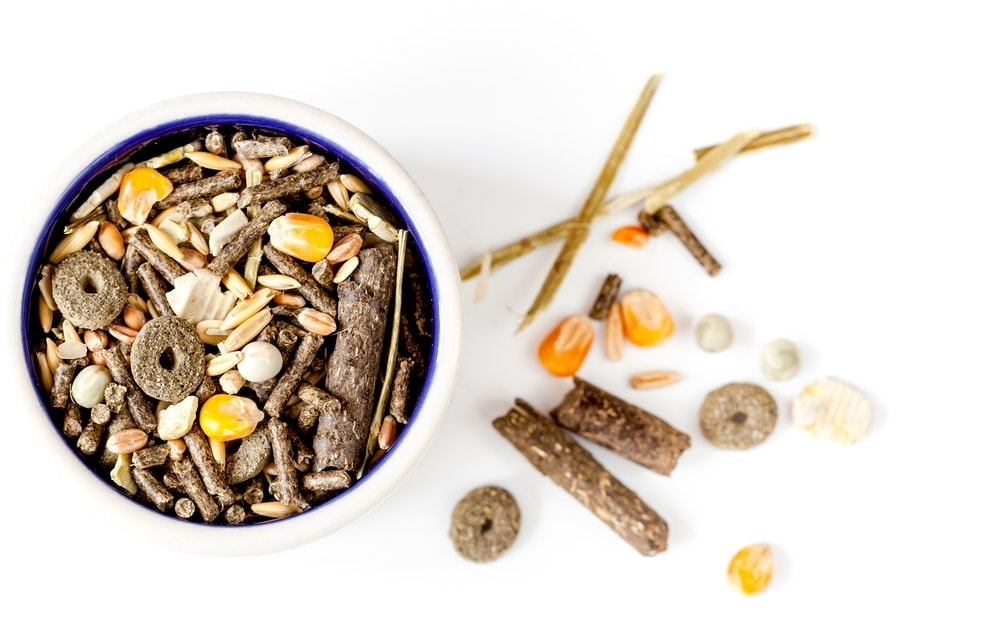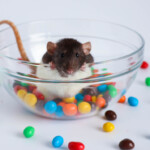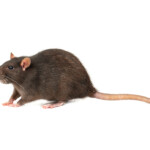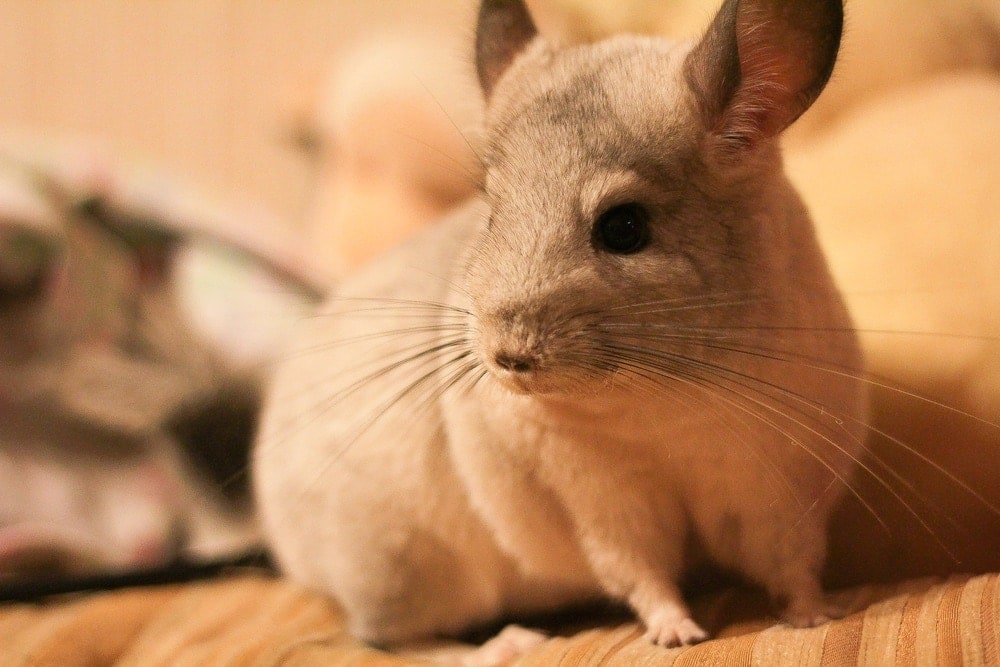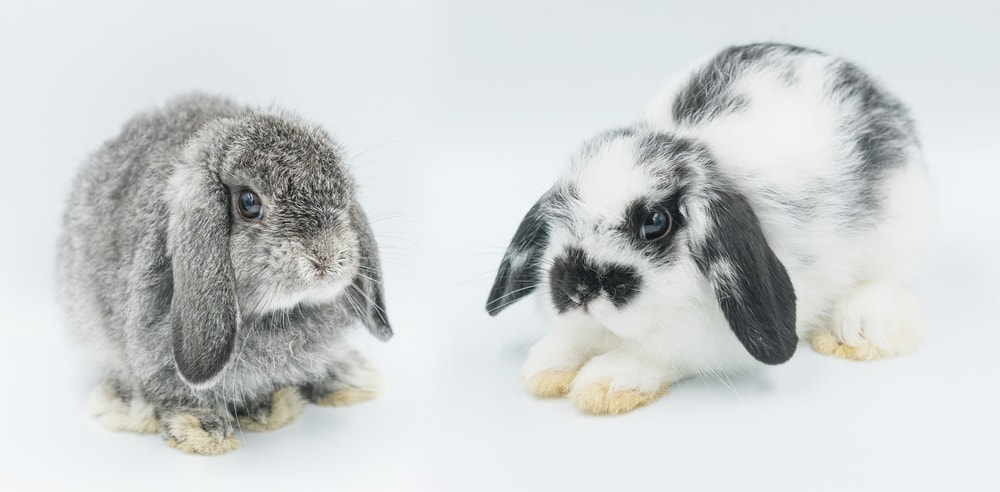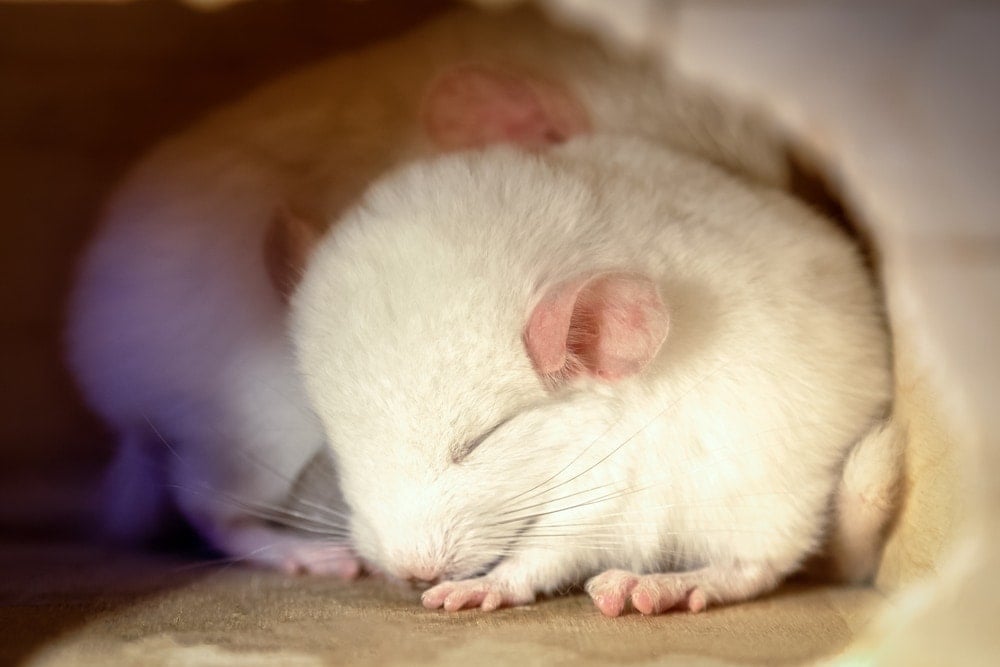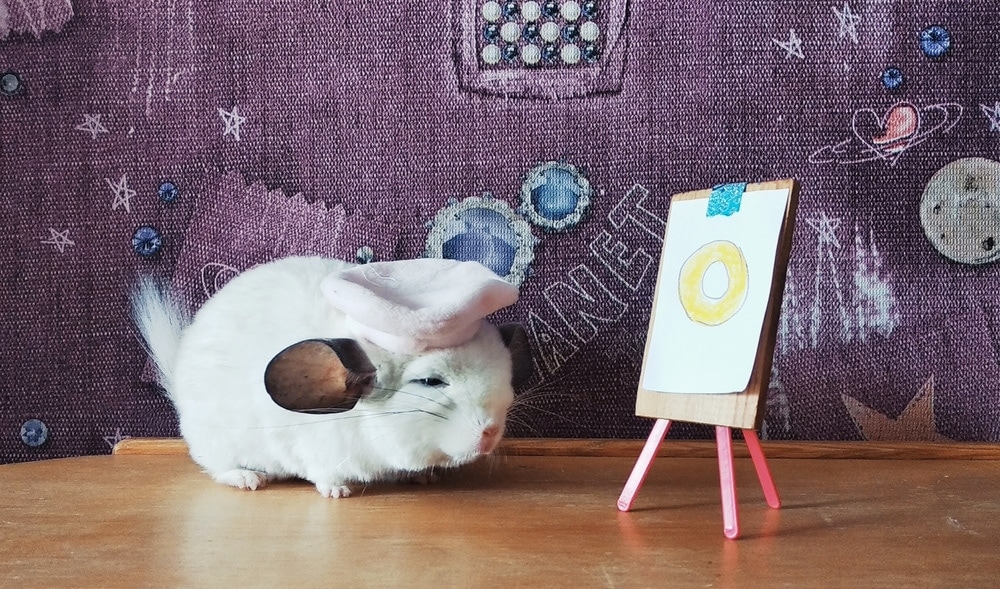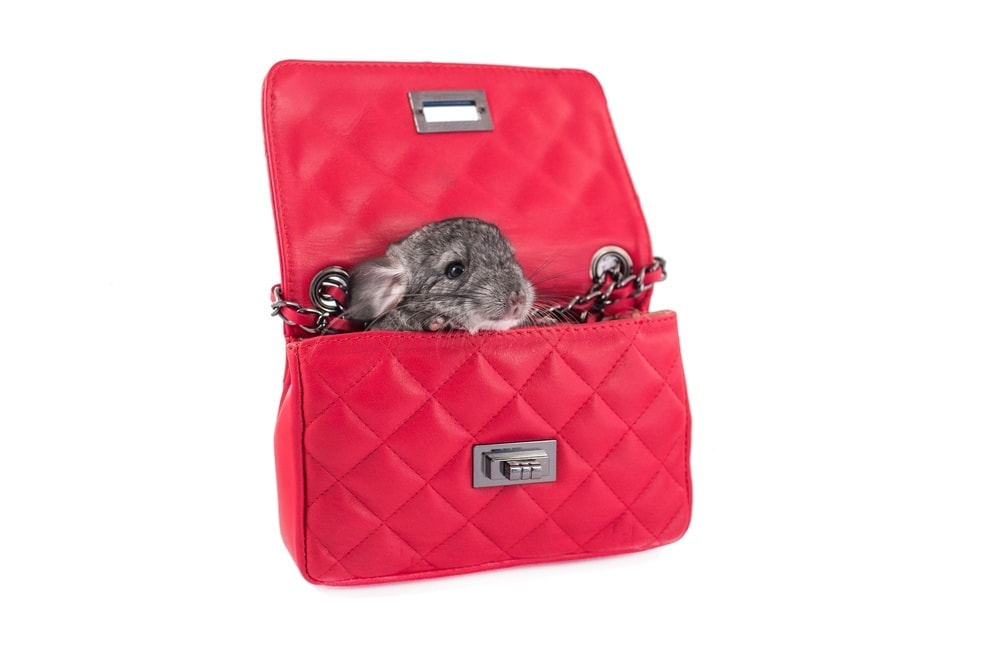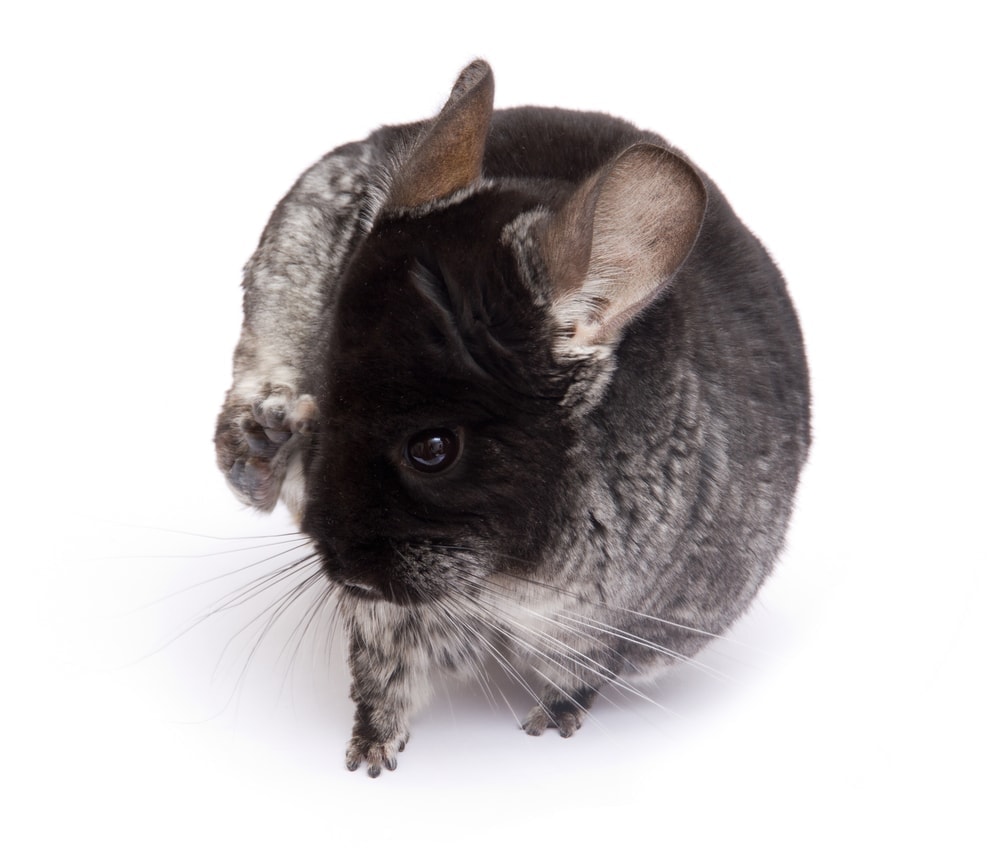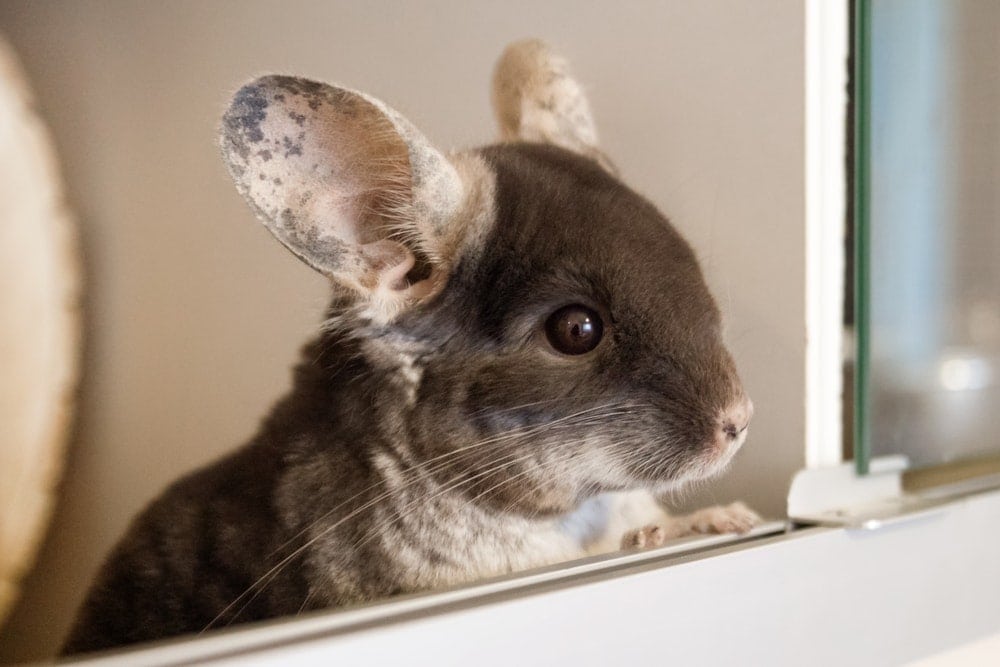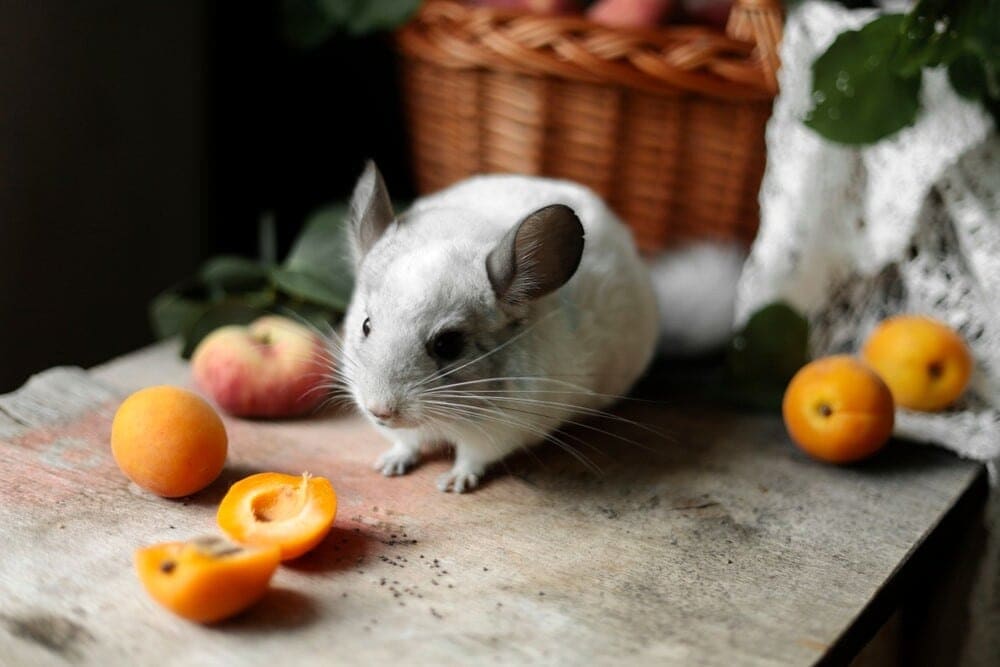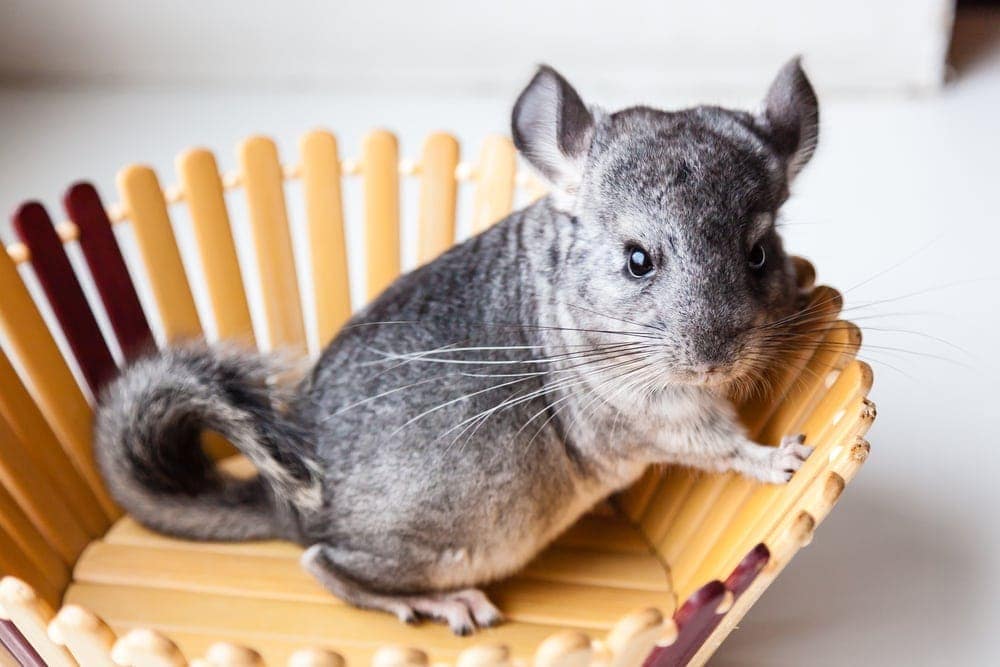The food that you give your chinchilla is going to be very important. While it might seem like you can give them the same food that certain other animals eat, it’s important to get the facts.
This information will help you keep your furry friend as healthy as possible over the years.
Can I give my Chinchilla Rabbit Food?
You should never give a chinchilla any rabbit food, even a little bit. The fact is that rabbits and chinchillas have very different nutritional requirements. You’ll always want to buy food that is made specifically for chinchillas.
These animals have a very sensitive digestive system, so giving them the wrong food can have a hugely negative impact on their overall health. Giving your chinchilla rabbit food will likely result in serious gastrointestinal upset, which will cause extreme discomfort.
While this rabbit food is not inherently toxic to chinchillas, giving it to them on a regular basis can shorten your pet’s lifespan significantly. It is therefore better to avoid giving your pet any of this food at all.
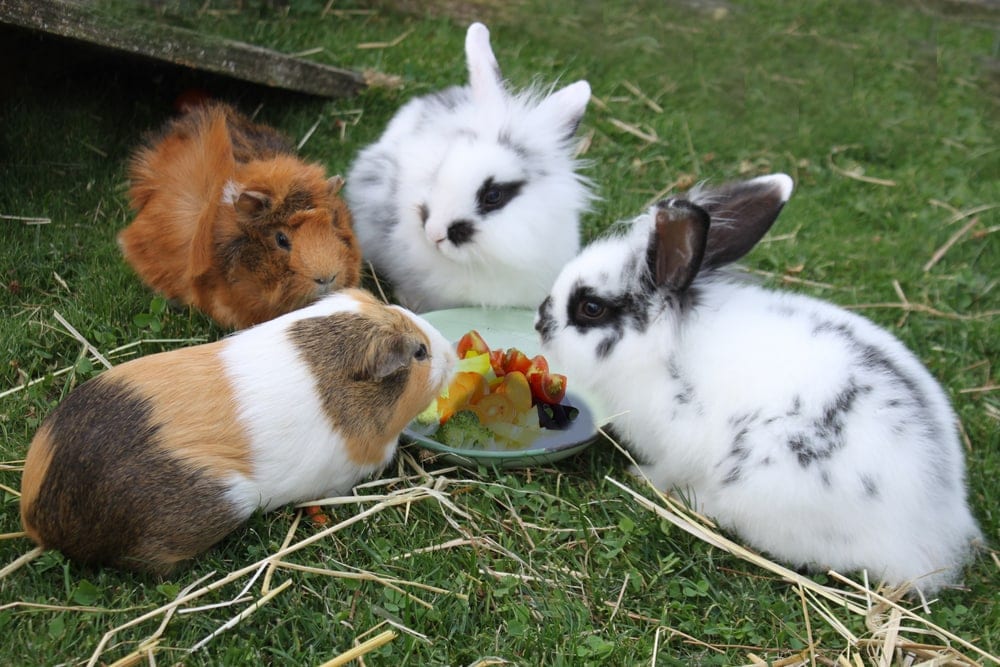
Chinchilla Nutritional Requirements
It is important that you know what the nutritional requirements of your chinchilla area before buying any food. These animals require a good amount of fiber and protein on a daily basis. They can get most of what they need from certain types of hay, such as Timothy.
You can give your chinchilla pellets as well, but they will not make up a majority of their diet. Make sure that you get pellets that are made for chinchillas and not rabbits. Take a close look at the label of whichever pellets you are interested in getting before making a final decision. This will help you get the right ones for your pet.
Fiber is important for these animals because it helps keep their teeth at a normal length. Overgrown teeth can quickly become a real problem. It also helps with regulating the animal’s digestive system, so it keeps working normally on a daily basis.
Treats
In addition to the hay that you give your chinchilla each day, you can give them certain treats. Again, you’ll want to look for treats that are specifically marketed for these animals. Do not purchase any treats that are advertised as being for rabbits.
You don’t want to give your pet too many treats, as this can lead to excess weight gain. Once your chinchilla becomes overweight, they are more likely to develop a variety of health issues.
Fruits and Vegetables
Both chinchillas and rabbits can eat certain fruits and vegetables, such as:
- Kale
- Carrots
- Celery
- Squash
- Alfalfa
- Sweet potatoes
- Apples
- Grapes
- Blueberries
- Raisins
You should be careful about not giving your chinchilla too much fruit, as it tends to contain a lot of sugar. Even the vegetables that are good for these animals can negatively impact their health if consumed excessively.
You can also give your chinchilla dried fruits like apple, pineapple, banana, cranberries, strawberry, and peaches. These foods contain a variety of vitamins and minerals that can supplement your pet’s diet.
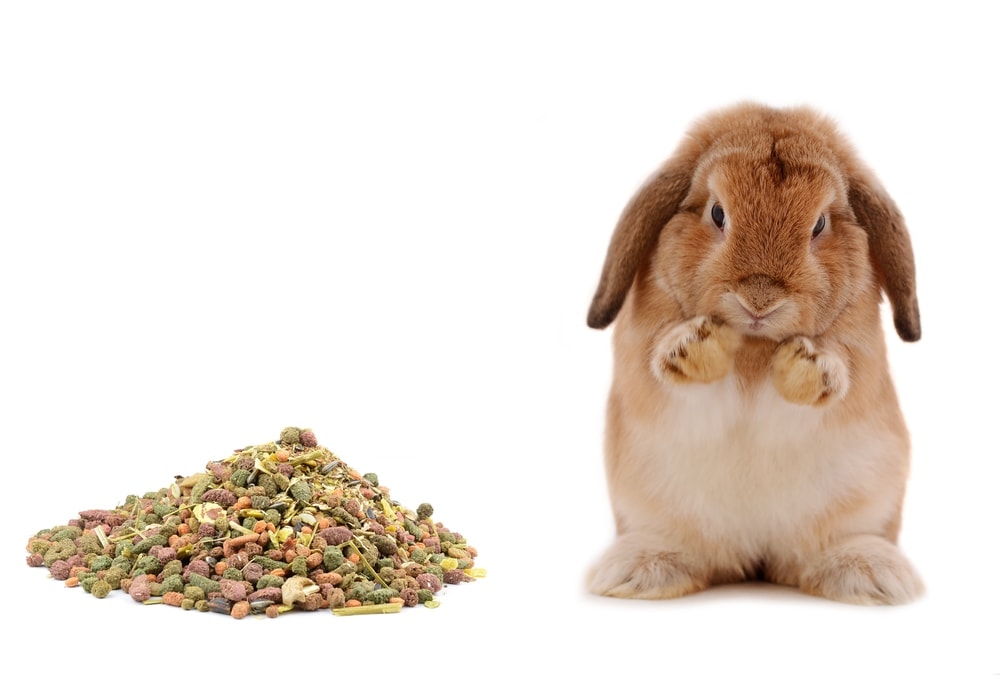
Chinchilla Mixes
There are a wide range of chinchilla food mixes that you can buy at your local pet supply store. These mixes contain a lot of what your pet needs, but they are not a substitute for hay.
Take a very close look at each of these mixes to see what exactly they contain. You should try to avoid chinchilla mixes that are very treat-heavy. This can quickly cause your pet to gain weight.
Nutritional Tips for Your Chinchilla
There are certain tips that you will want to keep in mind before you get one of these animals.
1. Monitor their Eating Habits
Make sure that you closely monitor your chinchilla’s eating habits on a daily basis. You’ll definitely want to know if they are eating more or less than usual, as this can be a sign that something is wrong. A sudden change in eating habits is definitely cause for concern.
2. Always Check the Label
If you are going to buy any new pre-packed foods for your chinchilla from the store, you’ll want to look at the label of each one. This will provide you with the information necessary to get what your pet needs to stay healthy. You might be surprised at just how deceptive a lot of these products can be.
3. Don’t Feed Your Rabbit and Chinchilla Together
If you have a rabbit and a chinchilla, you never want to feed them together. You will run the risk of these animals eating each other’s food, which can be harmful to both of them.
4. Always Keep Food on Hand
It is a good idea to always keep a well-stocked supply of Timothy hay and pellets for your chinchilla. These animals eat a good amount of food every day, and it is important to feed them at the same time. Even a small break from this animal’s schedule can cause them to become very stressed.
5. Keep the Water Bottle Filled
Always keep your chinchilla’s water bottle in their cage filled up. It is crucial that your pet stays hydrated throughout each day.
Conclusion
- It is not a good idea to give your chinchilla any store-bought food that is meant for rabbits.
- Chinchillas have a very sensitive digestive system, which means that giving them the wrong food can have fairly serious consequences.
- Protein and fiber are the most important nutrients for chinchillas, so you need to make sure they are getting enough of them on a daily basis.
- Timothy hay will compromise a vast majority of your chinchilla’s diet.
- There are certain fruits and vegetables you can give your chinchilla, including carrots, apples, celery, and alfalfa.
- Don’t give your pet a lot of fruit, as it tends to contain lots of sugar.
- Take the time to look into some of the chinchilla food mixes on the market, but read the label of each one carefully before buying anything.
- Carefully monitor your chinchilla’s eating habits so you can recognize signs of illness or other issues with their health.
